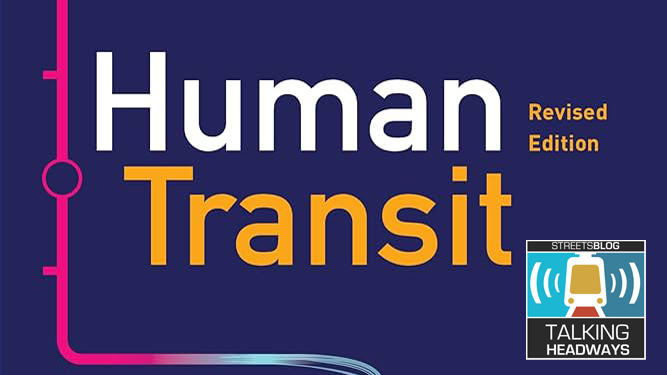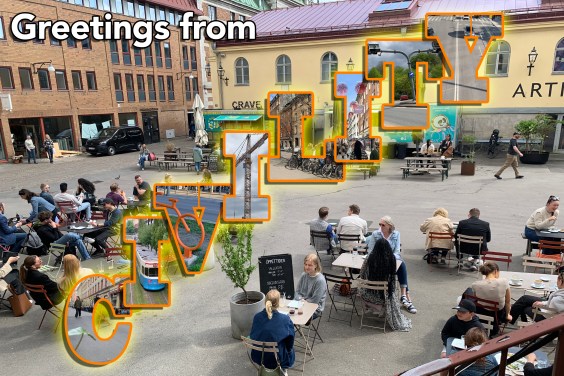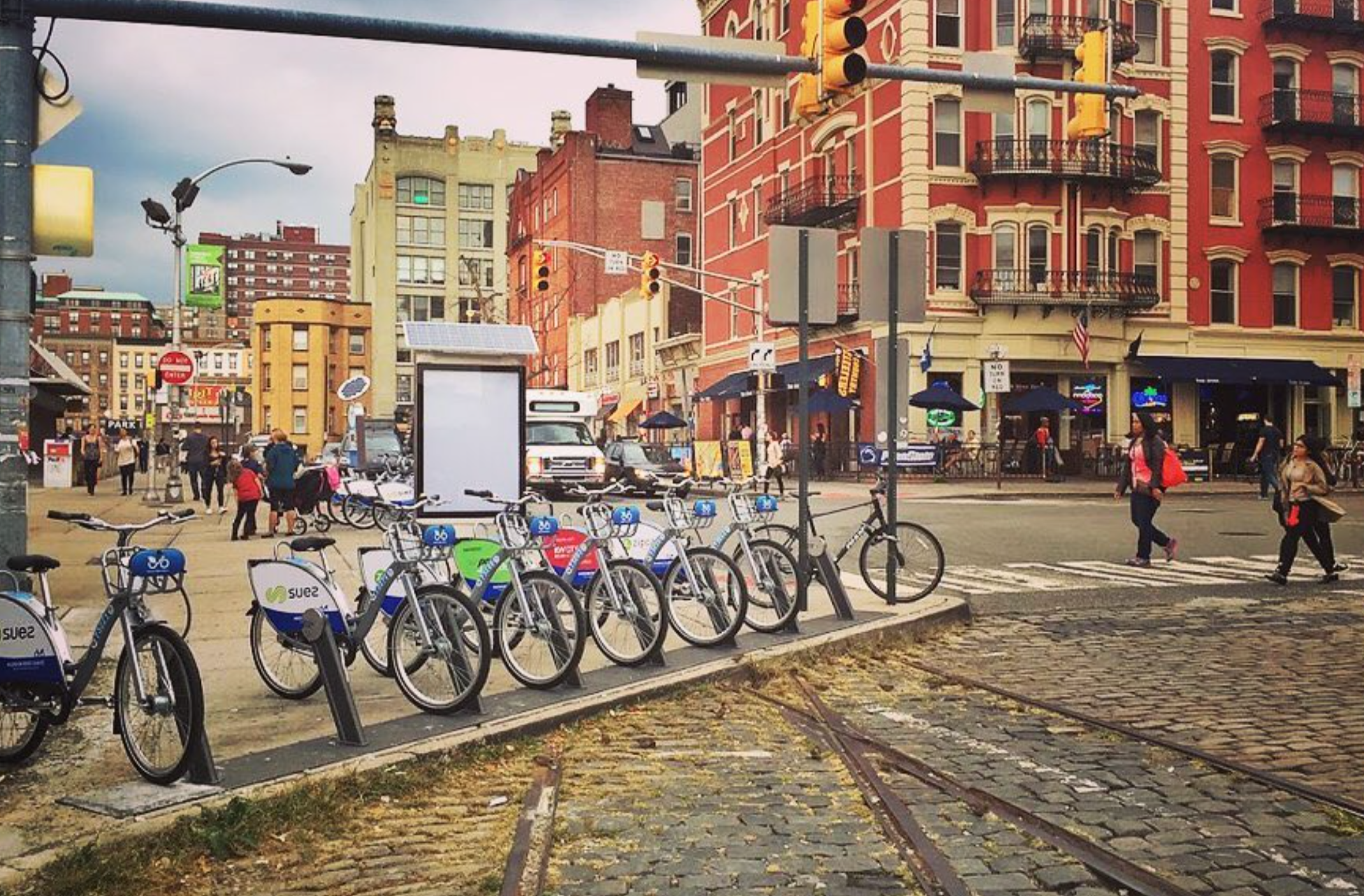Editor's note: a version of this article originally appeared on The Overhead Wire daily newsletter. Click here to subscribe.
After being threatened with losing federal transportation funding, Louisiana changed the state's drinking age from 18 to 21 in 1986. Ever since, pulling transportation funding to induce different policy outcomes has been discussed for a number of topics including traffic safety, with the Louisiana example as a precedent.
Now that idea of withholding transportation funding is being discussed as a way to fix the housing shortage. In Colorado, Democratic state legislators have introduced a bill that would limit transportation funding in 30 communities if they don't take steps to reach certain housing goals laid out by the state. Cities could meet those goals in a number of different ways, giving each city its own pathway to keeping transportation funding. As with all legislation that changes the status quo, this one is coming up against opposition, though advocates believe they have a path forward.
Along those lines, the Federation of American Scientists — along with other groups including the National Zoning Atlas — has issued a "housing ideas challenge" which resulted in two scholars writing up a similar but more narrow plan for federal housing as the one released in Colorado. In this proposal, federal highway funding would be conditioned on the adoption of zoning reform. The withholding of highway funds would occur in Metropolitan Statistical Areas with median incomes above the national average where more than 30 percent of the population are rent-burdened.
What's interesting about these policy ideas is that they are tying together two strands of urban policy that should have been connected more closely a long time ago. The disconnection of transportation and housing policy has really made our climate challenge even harder, considering all the infrastructure we've built for vehicle travel, and it won't be easily fixed by an electric vehicle changeover.
It's not just our housing policy that suffers from this short-shortsightedness, though; industrial policy does, too. As Scott Bernstein points out in a recent piece written with Bruce Katz, manufacturing, warehousing, and supply chains are impacted by this disconnect as well. Instead of building wealth and siting investments appropriately based on transportation infrastructure, everything costs more than it should.
Perhaps it's time to change that.





